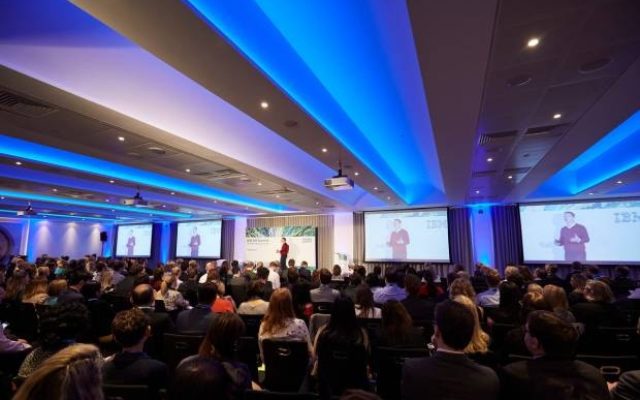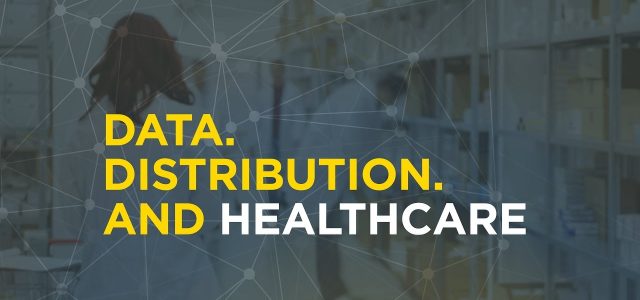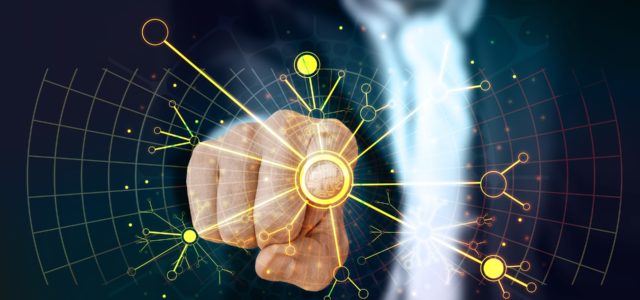The IBM HR Summit 2016 back in June this year took a firm stand on open HR and the cognitive era – the latter being IBM vision across all sectors and products. The main objective of the day was to prove that HR can be a profit centre and that there is no excuse to delay, as any start on the journey, however small, is worth it. While the past decades have been focused on standardisation, aligning processes, gaining in efficiency and effectiveness, we have now entered the cognitive era.
This is mainly a consequence of access to increased computing power, cloud based solutions, social connections, all on mobile, with easy to conquer user interface and graphical ways to present problems, analysis and solutions.
Furthermore, organisations have spent years improving their customer research to optimise their products and services and business models, but very little has been done on employee research.
Employees are at the heart of the development, delivery and maintenance of the products and services offered to customers, yet, being able to respond to customer behaviour changes is years ahead of any understanding of workforce management and optimisation.
The time is now!
Case studies presented covered a wide range of issues and industry sector, but inevitably had two key elements in common:
- Knit business and HR objectives together to focus on bringing value to the business.
- Get started. However small, do not worry about data range and completeness, as any analysis based on facts will provide insights. These, in turn, will help refine data source, collection and overall statistical validity.
One main message heard over and over was to believe in your skills and your team when starting an analytics project, recognising that change happens from within, with the goal to further develop your business from a solid foundation, rather than encouraging revolution or disruption.
Moving at pace
Thanks to IBM Watson Analytics, it is possible to move at pace. Speed is now on your side to produce analysis, go from data to actions and deliver business outcomes, focusing on moments that matter and solving business needs.
Data-driven analysis is essential to move from descriptive analytics, i.e. who are the high performers, what extra margin can be derived from improved logistic, to predictive analytics, i.e. which profiles are likely to become high performers, which of our value chain partners will help secure new markets.
While projects can be initiated by the HR department, they must include people and business data, to ensure an impact across all departments affected by the business request at hand.
- Throughout multiple case studies, it has been shown that 60 to 70% of prediction power comes fromcombining data, not from the algorithm used.
- Since no two businesses are the same, there is no ready formula to start from. Trial and error, repeatedly testing hypothesis and conducting analysis on your dataset will help narrow down the key factors that influence business outcomes and understand depth and breadth of impacts.
Rise of experts
Ensuring your workforce is prepared for the future requires continuous learning and development and understanding how to adapt to technology and working environment changes.
Job descriptions help manage employment KPIs and benefit and reward, but outlining a job architecture through the organisation is essential to understanding which skills are transferable across job families to create long-term career paths and global talent mobility.
A data-driven approach to talent management will help identify skills that are present in adjacent departments and draw an overall job architecture, independent of the organisation structure.
This provides a consistent view of employees and capabilities, including experts and areas of specialisation. Talent management then becomes centred on “what you do and how you do it”, defined by capability levels, which help identify development areas and personalised learning programmes through academic learning, mentoring and bespoke learning.
The Cognitive Era
The cognitive era is the new age of learning:
- Learning from data and facts
- Learning to conduct analysis and predict business outcomes
- Learning to manage and equip workforce to face the future
- Learning to adapt at pace embracing disruptive technologies, facing changing market and macro-economic factors and regulatory environment
IBM delivered an exceptional event, and all attendees we could speak to were deeply impressed with what was demonstrated with regards to the huge potential of cognitive in HR.
We have entered the era where technology, decision making, strategic insight and digital business models come together as one and can be brought together to create business value.
The presentations given during the IBM HR Summit 2016 are now available for download here (username: summit password: hrineurope)
Your HR data analytics needs
Both myself and Jeff Wellstead would be delighted to have an informal chat to explore in more detail how we can deliver value to your business through data analytics.
Article by channel:
Everything you need to know about Digital Transformation
The best articles, news and events direct to your inbox






